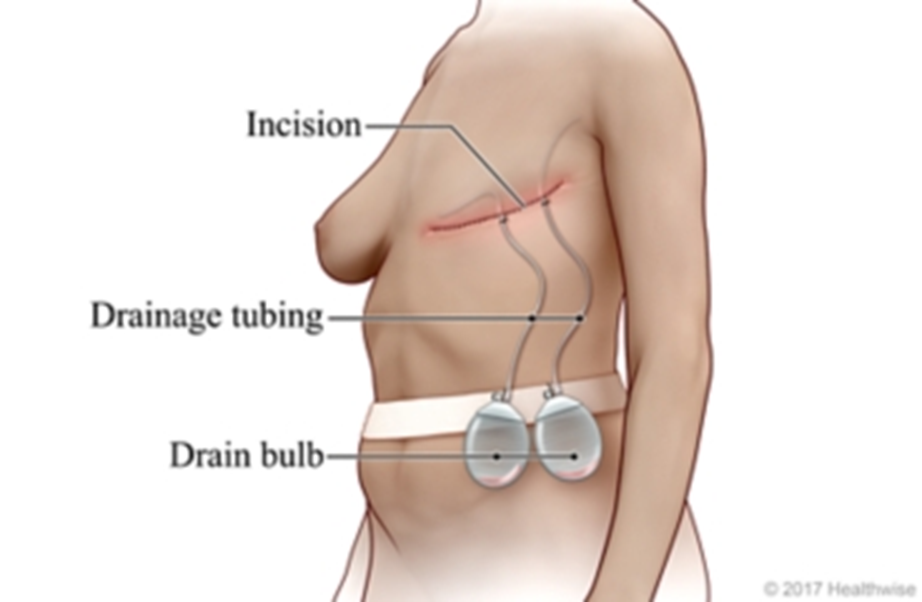A patient with peripheral arterial disease (PAD) is sitting in a chair and has cool feet that are reddish-purple in color. What action should the nurse take?
Notify the physician.
Evaluate the distal pulses.
Have the patient lie in bed with a pillow under the knees.
Cover the patient with a blanket.
The Correct Answer is B
Choice A reason: Notifying the physician is important, but it is not the immediate action to take. The nurse should first assess the patient's condition before contacting the physician.
Choice B reason: Evaluating the distal pulses is the correct action because it provides information on the blood flow to the extremities, which is crucial for patients with PAD.
Choice C reason: Having the patient lie in bed with a pillow under the knees is not recommended for PAD patients as it can decrease blood flow to the lower extremities.
Choice D reason: Covering the patient with a blanket may provide comfort, but it does not address the underlying issue of impaired blood flow in PAD.
Nursing Test Bank
Naxlex Comprehensive Predictor Exams
Related Questions
Correct Answer is D
Explanation
Choice A reason: It is not recommended for clients to take morning vitamins before surgery due to the risk of aspiration and interference with anesthesia.
Choice B reason: Clients are typically instructed to remove all jewelry, including tongue studs, to prevent complications during surgery.
Choice C reason: Clients are generally required to fast before surgery, which includes not consuming clear liquids, to reduce the risk of aspiration.
Choice D reason: Allowing the client to keep her hearing aids in is important for communication and to reduce anxiety due to hearing impairment.

Correct Answer is D
Explanation
Choice A reason: Nurse self-awareness is crucial in providing care for individuals with personality disorders to avoid countertransference.
Choice B reason: Trust is a fundamental component of the nurse-client relationship and is necessary for effective care.
Choice C reason: Limit setting is essential for maintaining professional boundaries and providing structure in the therapeutic relationship.
Choice D reason: Vague communication is not therapeutic and can lead to misunderstandings and increased feelings of inferiority, which is not conducive to treatment.
Whether you are a student looking to ace your exams or a practicing nurse seeking to enhance your expertise , our nursing education contents will empower you with the confidence and competence to make a difference in the lives of patients and become a respected leader in the healthcare field.
Visit Naxlex, invest in your future and unlock endless possibilities with our unparalleled nursing education contents today
Report Wrong Answer on the Current Question
Do you disagree with the answer? If yes, what is your expected answer? Explain.
Kindly be descriptive with the issue you are facing.
